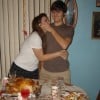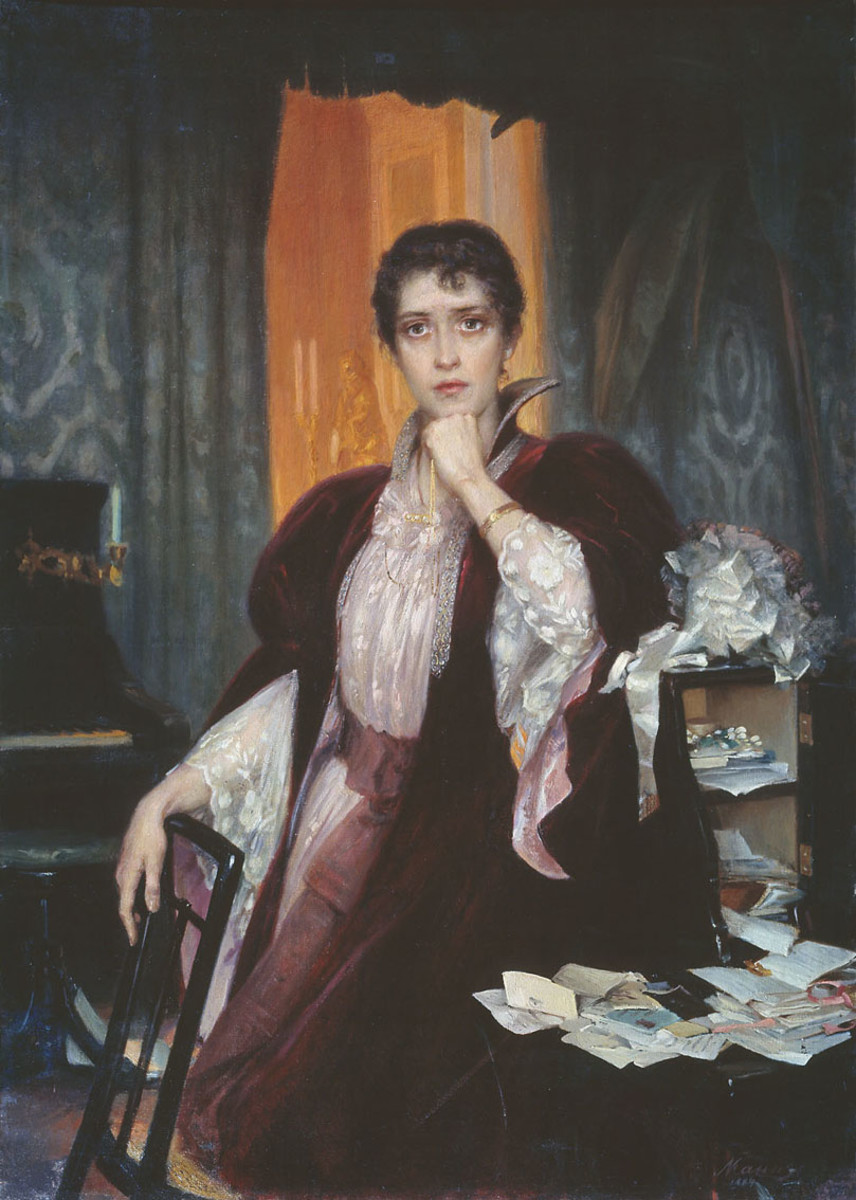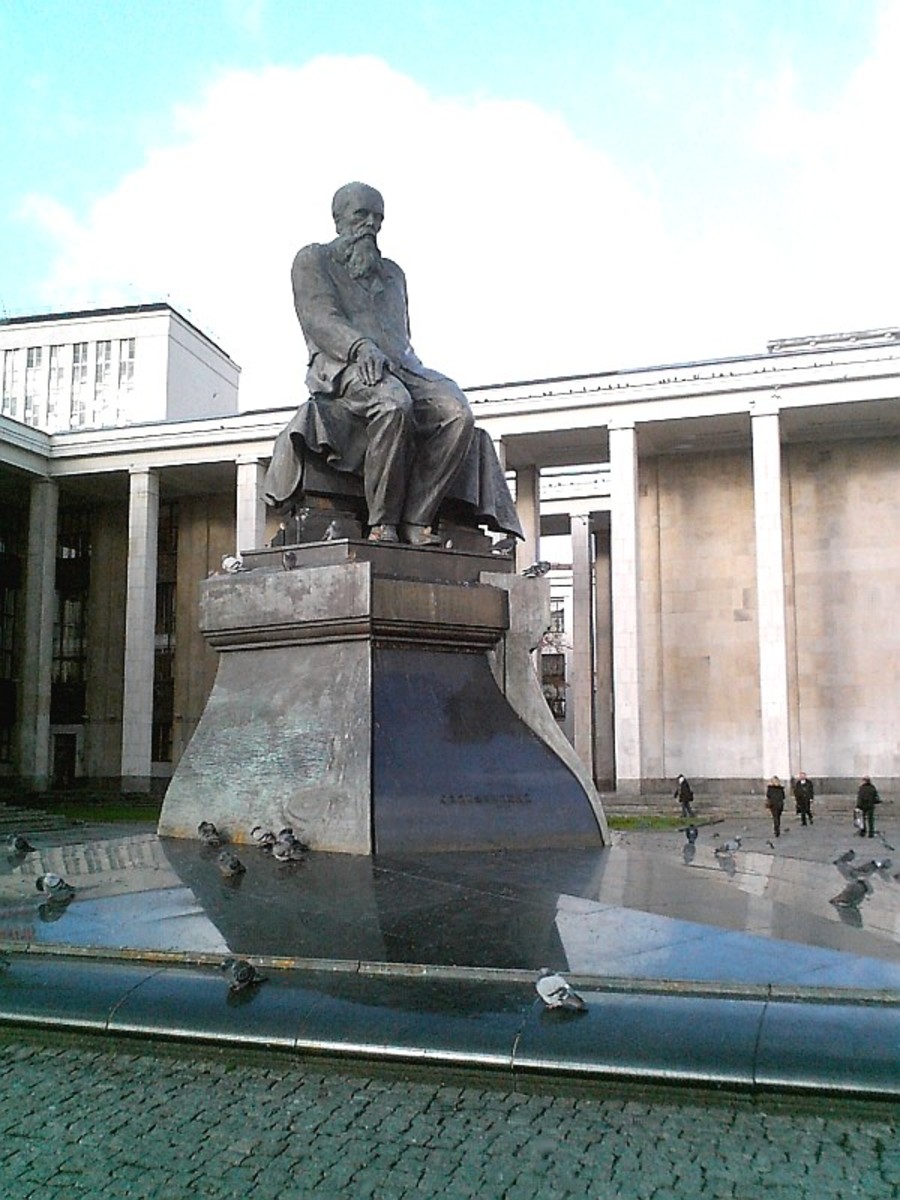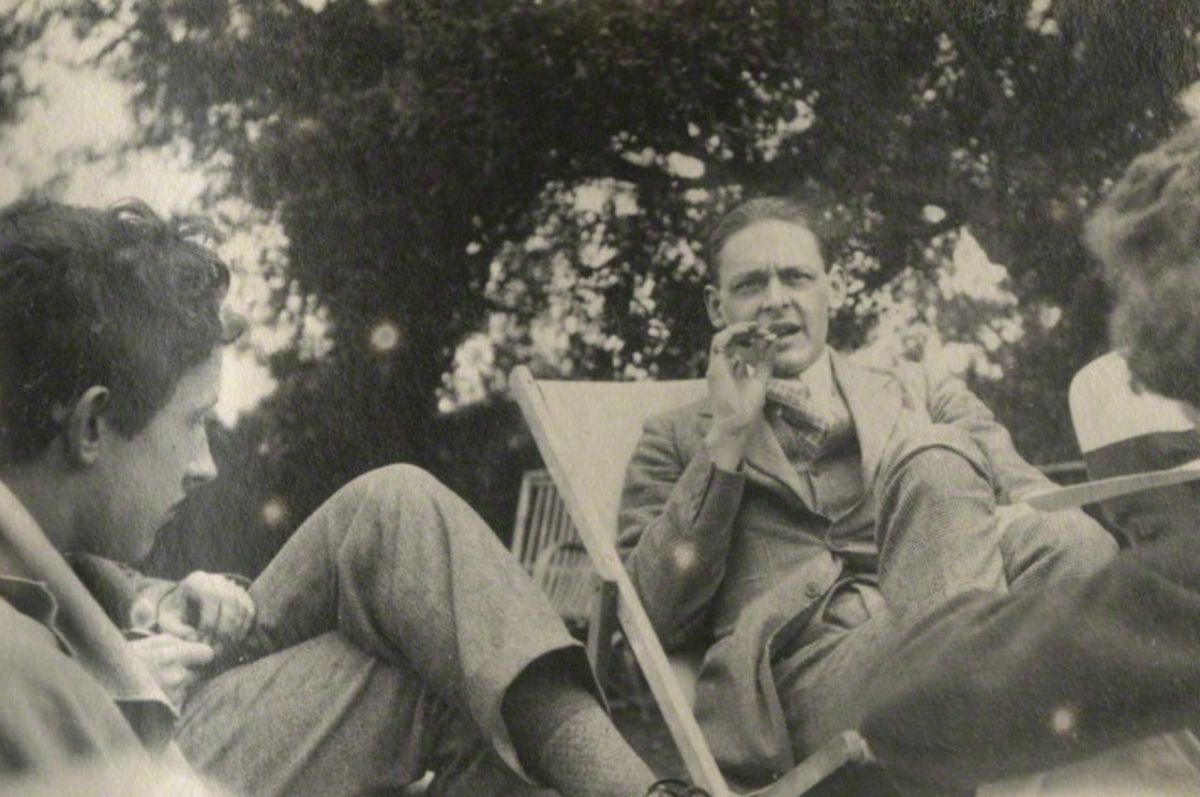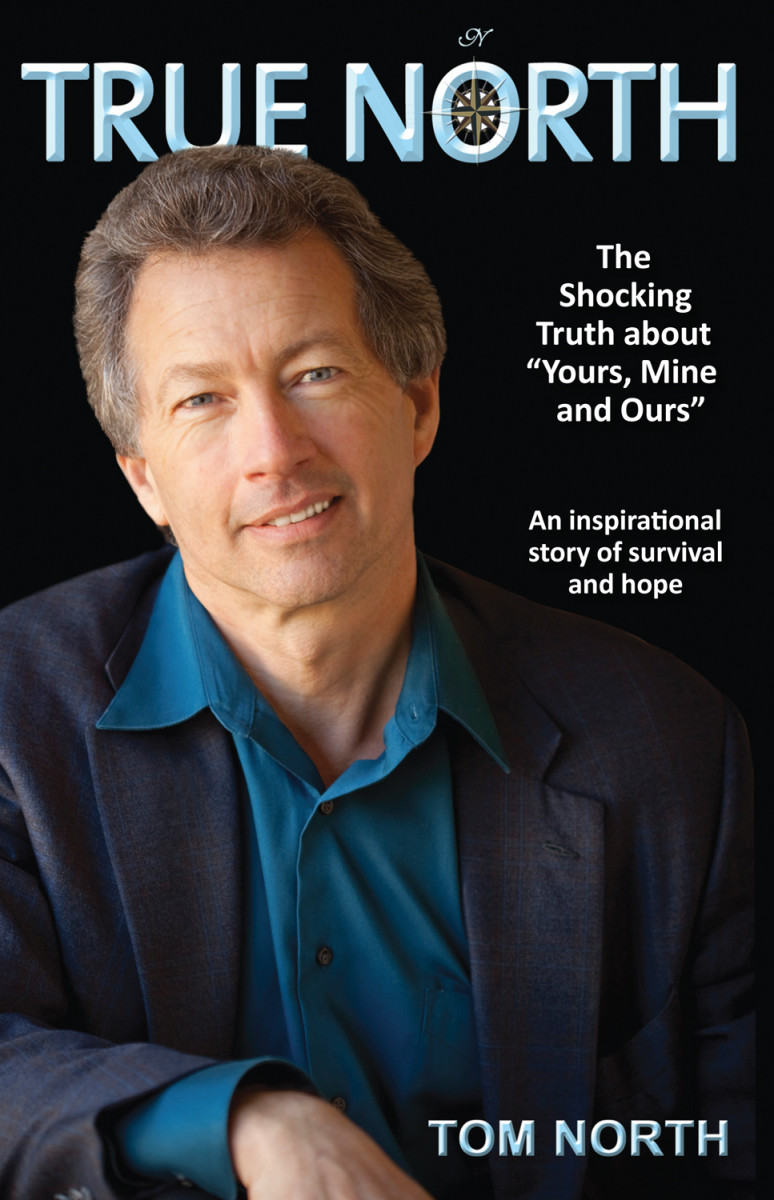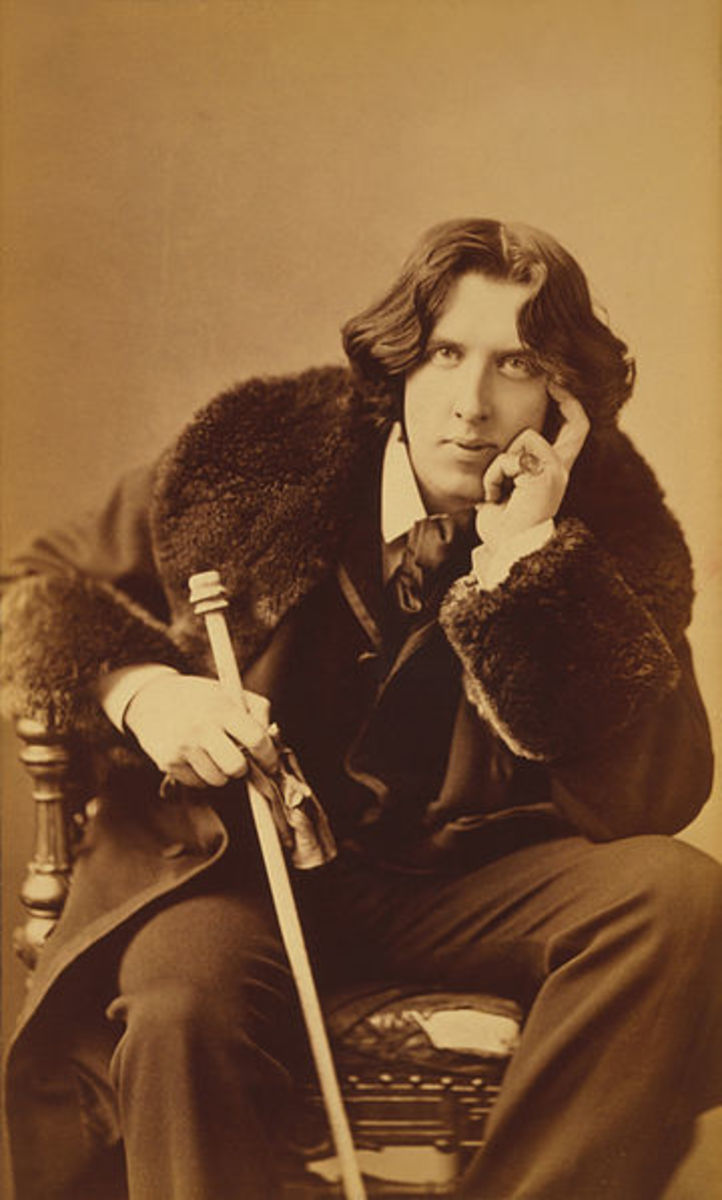The Death of Ivan Ilyich and the Plight of the Modern Man
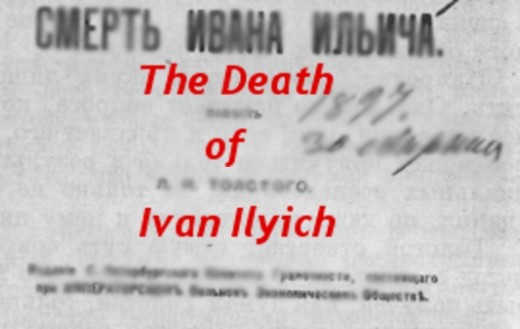
In one sense, Leo Tolstoy's The Death of Ivan Ilyich is very much a “Russian Novel” in the Realist tradition. The work contains characters that are animated in rigorous detail, characters that seems to exist independently of circumstances the author suggests, characters that simply feel real. Unlike many Realist novels, however, The Death of Ivan Ilyich is a work of outstanding brevity, clocking in at well under 100 pages in most editions. Tolstoy's potent cocktail of depth and brevity serves to clearly convey themes – truths about the human condition – through the power of narrative.
Summary and Significance
The Death of Ivan Ilyich tells the story of a man, his climb to success and his mortal sickness. The novel examines Ivan Ilyich's hopes and aspirations, his joys and discontents and the internal struggle surrounding his ultimate demise. In this manner, Tolstoy's work provides the ultimate vehicle for the examination of the human condition, the nature of the “good life,” and the quest for purpose; readers witness the life of a normal man, and then his evaluation of that life in light of impending mortality.
Chapter 1: The Heart of the Matter
The novel does not begin -- as one might imagine , given the premise – with the birth of the protagonist, Ivan Ilyich. Instead, within a few lines, readers are greeted with the chilling words “Ivan Ilyich is dead,” (pp. 31). The words are uttered in the context of a discussion by a group of men at the local court of law. As the men discuss Ilyich's death, they are remarkably cavalier -- surprising, considering that “Ivan Ilyich had been a colleague of the men assembled here and they had all been fond of him,” (pp. 32).
Pyotr Ivanovich, for instance, is immediately concerned with how the death will affect his family relations. “I must put in a request to have my brother-in-law transferred from Kaluga,” he muses, “My wife will be very happy. Now she won't be able to say I never do anything for her family,” (pp. 32). Schwartz, another friend, is primarily concerned with getting in his regular card game, despite the inconveniences of a funeral and visitation. Even Praskovya Fyodorovna, Ilyich's widow, is primarily concerned with the effect that his sickness and death has had upon her own welfare.
Tolstoy has not yet embarked upon that cautionary tale that is Ivan Ilyich's life, and yet we see – in the selfish conduct of the survivors – that its warning has fallen upon deaf ears. Only Pyotr Ivanovich is able, even for a second, to shake practical entanglements and contemplate something of eternal significance. Tolstoy writes that “[d]espite a distasteful awareness of his own hypocrisy... Pyotr Ivanovich was overcome with horror as he thought of the suffering of someone he has known so well, first as a carefree boy, then as a schoolmate, later as a grown man...a fear for himself took possession of him,” (pp. 39). This notion – the idea of putting away the immediate and dominating concern for one's career and social betterment in order to contemplate the nature of eternal significance – proves to be the central element of the ensuing chapters.
Part I: Ascension
In large part, the first half of the novel deals with Ivan Ilyich's rise to success and personal pleasures. Tolstoy explains that “He worked, saw to his career, and, at the same time, engaged in proper and pleasant forms of diversion,” (pp. 45). Even Ivan's marriage was a result of his fixation with career and status – “in acquiring such a wife he did...what people of the highest standing considered correct,” (pp. 49). Not surprisingly, this union soon meets with difficulty. The pair's quarrels cause Ivan to lose himself in his work to an even greater degree. Tolstoy explains that, “[t]o the degree that his wife became more irritable and demanding, Ivan Ilyich increasingly made work the center of gravity of his life. He grew more attached to his job and more ambitious than before,” (pp. 50).
Ivan's life proceeds along this way for quite some time. “He got up at nine, had his coffee, read the newspapers, then put on his uniform and went to court,” (pp. 59). He derived pleasures of “vanity” from society and pleasures of “pride” from work (pp. 69). Though his life is far from perfect, Ivan is largely satisfied with the nature and quality of his daily existence.
Part II: The Fall
However, in the second half of the novel, Ivan Ilyich's relatively tranquil existence begins to change when he starts to feel “some discomfort in his left side,” (pp. 63). When various physicians are unable to help, Ivan becomes more and more aware that he is dying. As the narrator explains, “...he felt people were eyeing him closely as a man whose post would soon be vacant,” (pp. 70). As the realization of his fate sets in, Ivan is upset and confused. He remembers a syllogism he had been taught at school – “Caius is a man, men are mortal therefore Caius is mortal” – but notes that it had “always seemed correct as applied to Caius, but by no means to himself,” (pp. 79).Though he recognizes mortality as an abstract concept, the thought of his own death causes him great despair
Ivan Ilyich's realizations about his own mortality force him to ask serious questions about the menaing of life. For Ivan, “everything that had once obscured...the awareness of death no longer had that effect,” (pp. 80). Turning from the pragmatic “career-ism” that has carried him for so long, Ivan Ilyich begins to ask significant questions about the nature of existence. As he looks back on his past, he notes that “the farther he moved from childhood, the closer he came to the present, the more trivial and questionable..joyful moments appeared,” (pp. 101). He concludes that “[i]n public opinion I was moving uphill, but to the same extent life was slipping away from me,” (pp. 101).
Analysis: A Conflict Between Society and Salvation
As Ivan contemplates the diminishing quality of his life, he experiences – and hastily dismisses – a poignant and disconcerting thought: “...perhaps I did not live as I should have...but how could that be when I did everything one is supposed to?” (pp. 102). Despite the fact that Ivan Ilyich has done everything society requires, he is still dissatisfied and empty. The author tells us that Ivan's house “was like the homes of all people who are not really rich but who want to look rich,” (pp. 101); now we realize that Ivan himself is like that.
At the beginning of Chapter 2, the narrator informs us that “Ivan Ilyich's life had been most simple and commonplace – and most horrifying,” (pp. 43). Now we come to understand that Ivan Ilyich's life was horrifying because it was so simple and commonplace; he did everything a normal person should do, and it simply wasn't good enough. (See Robert Frost's Masque of Mercy, for similar thoughts.)
Ivan finds a small measure of peace at the end of his existence as he attempts to apologize to his family and accepts death, but he never finds an answer for his questions regarding the purpose of existence and the nature of the good life. Thus, the lingering aftertaste of the novel is despair and its broad genre that of tragedy – and the end of the book, we know that the salvation society presents is empty, yet we are presented with no alternative.
Conclusion
The Death of Ivan Ilyich is the tale of a man who did everything society suggests, and still ended up unhappy. It is the literary response to a modern age in which man has suggested countless means of independent salvation. Tolstoy artfully reminds us that every attempt to find fulfillment through conformity to the will of society, to the pleasures of men, to the demands of a profession will result in brokenness and despair. The gritty normalcy of Ivan Ilyich's life is shocking because it underscores the futility of the “normal” human existence. And yet, the beauty of the work is that it undermines man-made salvation and leaves fertile soil for the work of the Holy Spirit. Though Tolstoy never suggests an alternative source of salvation, he plants the seed.
